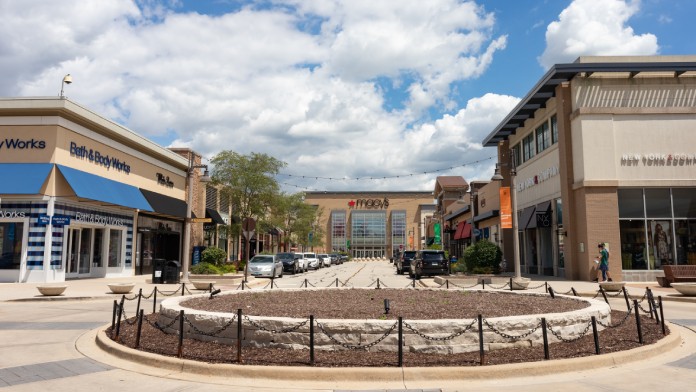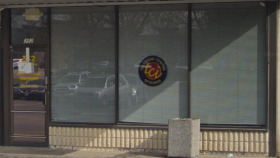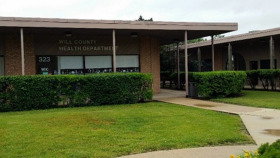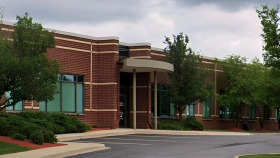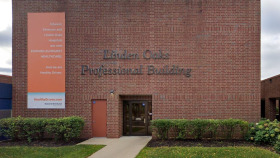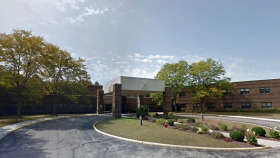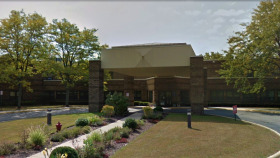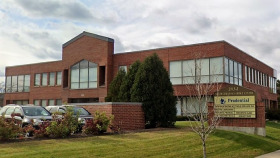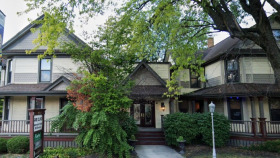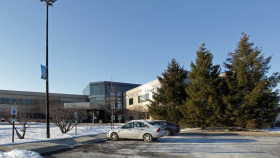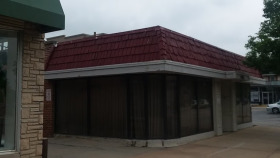Substance Abuse Statistics in Bolingbrook, IL
Bolingbrook, Cook County, Chicago, and the rest of Illinois aren’t the only places experiencing the damage that opioids, alcohol, and other illicit substances are doing. Here’s a closer look at what that damage has done:3
82% of those deaths happened between June and December and reportedly involved fentanyl.
The opioid-related death count was estimated to have surpassed 2,100 cases in 2021.
Levels of Care for Rehabs in Illinois
For many Illinois residents, addiction treatment is a process of moving through multiple levels of treatment, from most to least intensive. For others, only the least restrictive levels are required.
Detox
Detox is the process of safely clearing your system of all drugs and alcohol. It occurs in a supervised setting to manage withdrawal symptoms. This process is often necessary before Illinois residents can enter a formal treatment program.
Residential or Inpatient
Residential or inpatient treatment is the most intensive treatment setting, involving 24/7 care. Medication, individual and family therapy, and recreational therapy are common forms of treatment at this level.
Partial Hospitalization Programs (PHPs)
In a PHP, participants receive much the same services as an inpatient program, but they return home during non-treatment times.
Intensive Outpatient Programs (IOPs)
IOPs are a step down from PHPs. These programs provide several hours of treatment over several days per week. Treatment usually includes individual and group therapy.
Standard Outpatient
Standard outpatient programs are the least intensive level of treatment. They require only two or three hours of care per week, usually at an outpatient clinic or therapist’s office. This option is appropriate for those with a strong support system who are highly motivated.
Aftercare
Also called relapse prevention, aftercare is focused on providing ongoing support for continued sobriety once a treatment program is complete. Aftercare can include 12-step meetings, transitional housing, therapy, and other supports.
How to Pay for Addiction Treatment in Bolingbrook, Illinois
Private Insurance
By law, all insurance companies must provide at least some coverage for substance abuse treatment. However, each plan differs, so Illinois residents must contact their provider to discover precisely what is covered by their plan. Deductibles and copays may apply.
Illinois Medicaid
Illinois Medicaid is a government program that provides health insurance for low-income individuals and families. To be eligible, Illinois residents must be a U.S. national, citizen, permanent resident, or legal alien, in need of health care/insurance assistance, and characterized as low income. They must also be either pregnant, responsible for a child 18 years or younger, blind, have a disability or family member with a disability, or be 65 years or older.
Illinois Medicare
Medicare is a federal health insurance program that provides coverage for Illinois residents aged 65 and older, as well as individuals with certain disabilities. Some forms of addiction treatment are covered under Medicare Part A, while other services are covered under Part B. Not all rehab facilities accept Medicare as a form of payment, so it’s important to confirm Medicare acceptance before starting a program.
TRICARE in Illinois
TRICARE in Illinois provides health insurance coverage for U.S. military personnel, veterans, and their families. This includes substance use disorder treatment services; however, plans differ in their specific coverage.
Sliding Scale Rehabs
State-funded rehab centers use government funds to help pay for treatment for Illinois residents who are otherwise unable to afford it due to lack of income or lack of insurance coverage. To get into a state-funded rehab, residents can contact the Illinois Health and Human Services Department for assistance.
IHS-Funded Drug Rehabs
The Indian Health Service (IHS) is a federally-funded program that provides health coverage for indigenous people. Under this program, Native Americans and Native Alaskans who need SUD treatment can receive low-cost or free services, even if they have other insurance coverage.
Local Info: Traveling to and Within Bolingbrook, Illinois
 Bolingbrook is home to the famous Boughton Ridge Golf Course as well as the Bolingbrook Golf Club. Of course, there’s plenty more to do than simply golf in Bolingbrook and plenty to see as well.
Bolingbrook is home to the famous Boughton Ridge Golf Course as well as the Bolingbrook Golf Club. Of course, there’s plenty more to do than simply golf in Bolingbrook and plenty to see as well.
If you’re considering getting treatment from one of the Bolingbrook drug rehabs or Bolingbrook alcohol rehabs, you’ll want to consider your environment. The same goes for visiting a loved one attending drug and alcohol rehab in Bolingbrook.
Here are a few things to know about the area:
- The nearest major airports are the Chicago Midway Airport (18 miles away) and Chicago O’Hare International Airport (21 miles away).
- There are hundreds of accommodations from luxury to modest hotels, motels, Airbnb, and bed and breakfasts.
- Bolingbrook offers public transportation via the Lisle Metra Station (which will take you all the way to downtown Chicago) and buses. Rideshares including Lyft, Uber, and regular Taxis are also available throughout the village.
- Aside from golfing, Bolingbrook has plenty of other indoor and outdoor attractions. This would include the Pelican Harbor Water Park, the Hidden Oaks Conservation Area, the Hidden Lakes Historic Trout Farm, shopping, restaurants and more.
- Bolingbrook is mostly a car-dependent town. However certain areas are walkable, and the whole village is considered safe to do so.
Illinois Drug and Alcohol Laws
Illinois policy makers have established the following laws regarding substances:1,2,3,4
Drug Possession: In Illinois, possession of drugs (except cannabis) is a felony in all cases. Felony charges can lead to jail time and a lifelong felony record.
Good Samaritan Law: The Emergency Medical Services Access Law of 2012 is the Good Samaritan Law in Illinois. This law is designed to encourage people to seek emergency medical assistance when someone is overdosing. If an Illinois resident calls 911 or brings someone to an emergency room for an overdose, both the victim who is overdosing and the person seeking help are protected from being prosecuted for felony possession of small amounts of drugs.
Pretrial Fairness Act: Effective Jan 1, 2023, this law gives police officers who catch people with small amounts of drugs discretion to release them with a citation that orders them to appear in court within three weeks. This is a change from the previous law which put that person immediately in jail for a few days until they were brought before a judge
DUI Laws: “Driving Under the Influence” is defined as “operating a motor vehicle while impaired by alcohol, other drugs, including cannabis (marijuana) prescribed for medical purposes, or intoxicating compounds and methamphetamine.” In Illinois, drivers are considered under the influence if they have a BAC of .08 or higher, have a THC concentration of either 5 nanograms or more per milliliter of whole blood or 10 nanograms or more per milliliter of other bodily substance, have used any other controlled substance, or are impaired by medication. A first conviction of DUI is a Class A misdemeanor with a minimum penalty of revocation of driving privileges for one year and suspension of vehicle registration.
Resources
- DEA Intelligence Report. (2019, November). The Drug Situation in the Chicago Field Division.
- Illinois Department of Public Health. (n.d.). Opioid Data Dashboard.
- Cook County Government. (2022, January 26). Cook County Opioid Overdoses for 2021 Set to Surpass 2020 Numbers.

